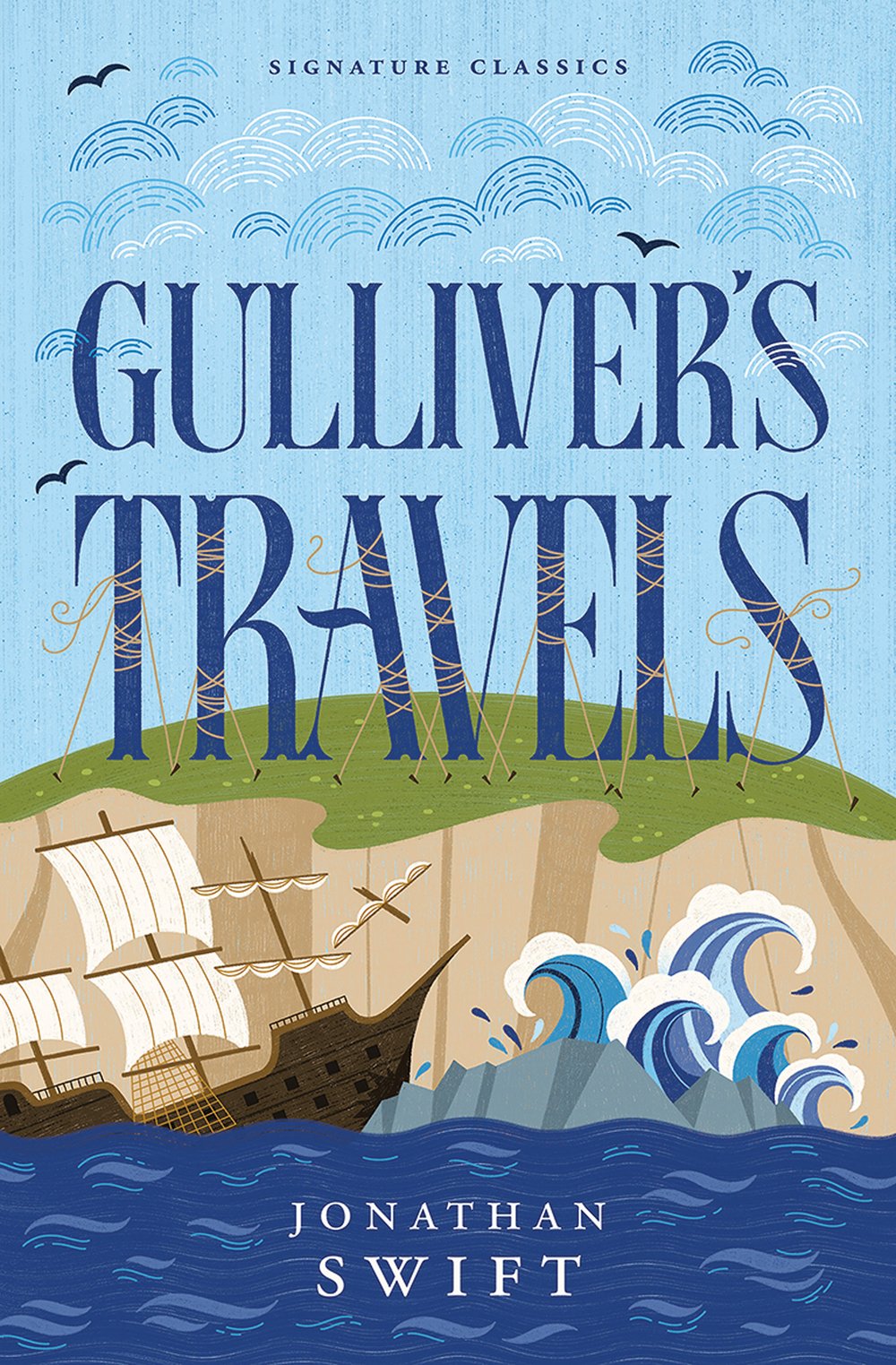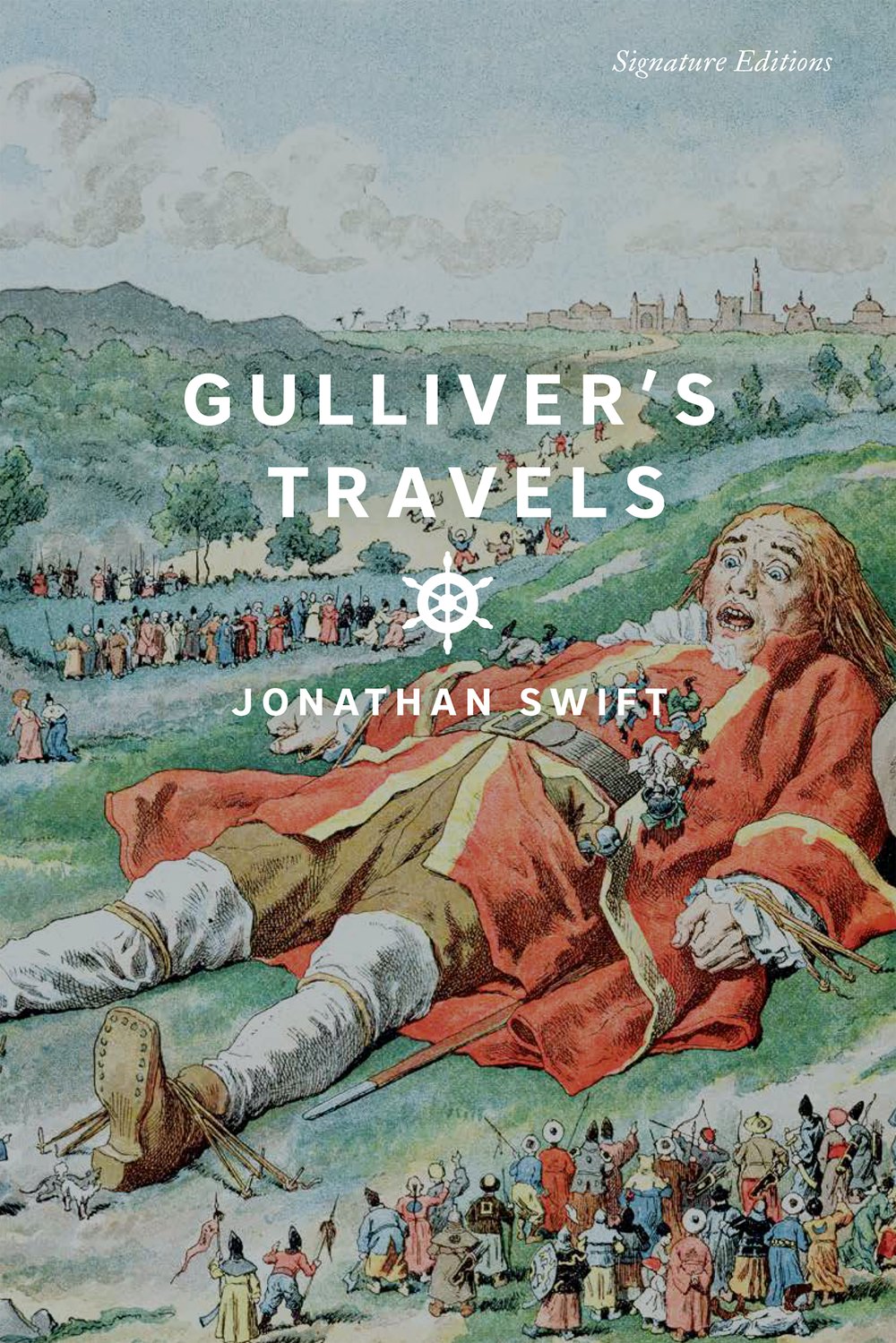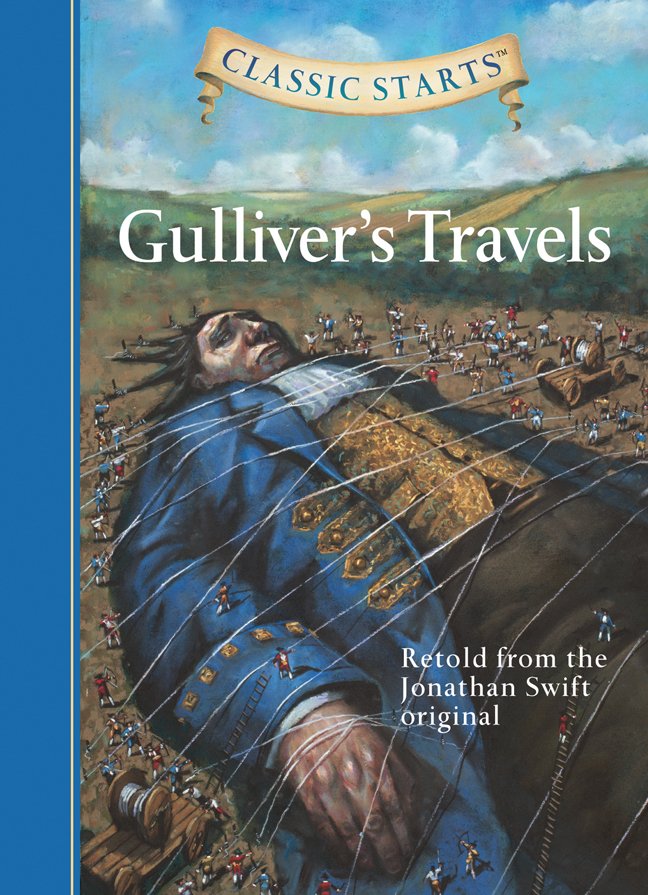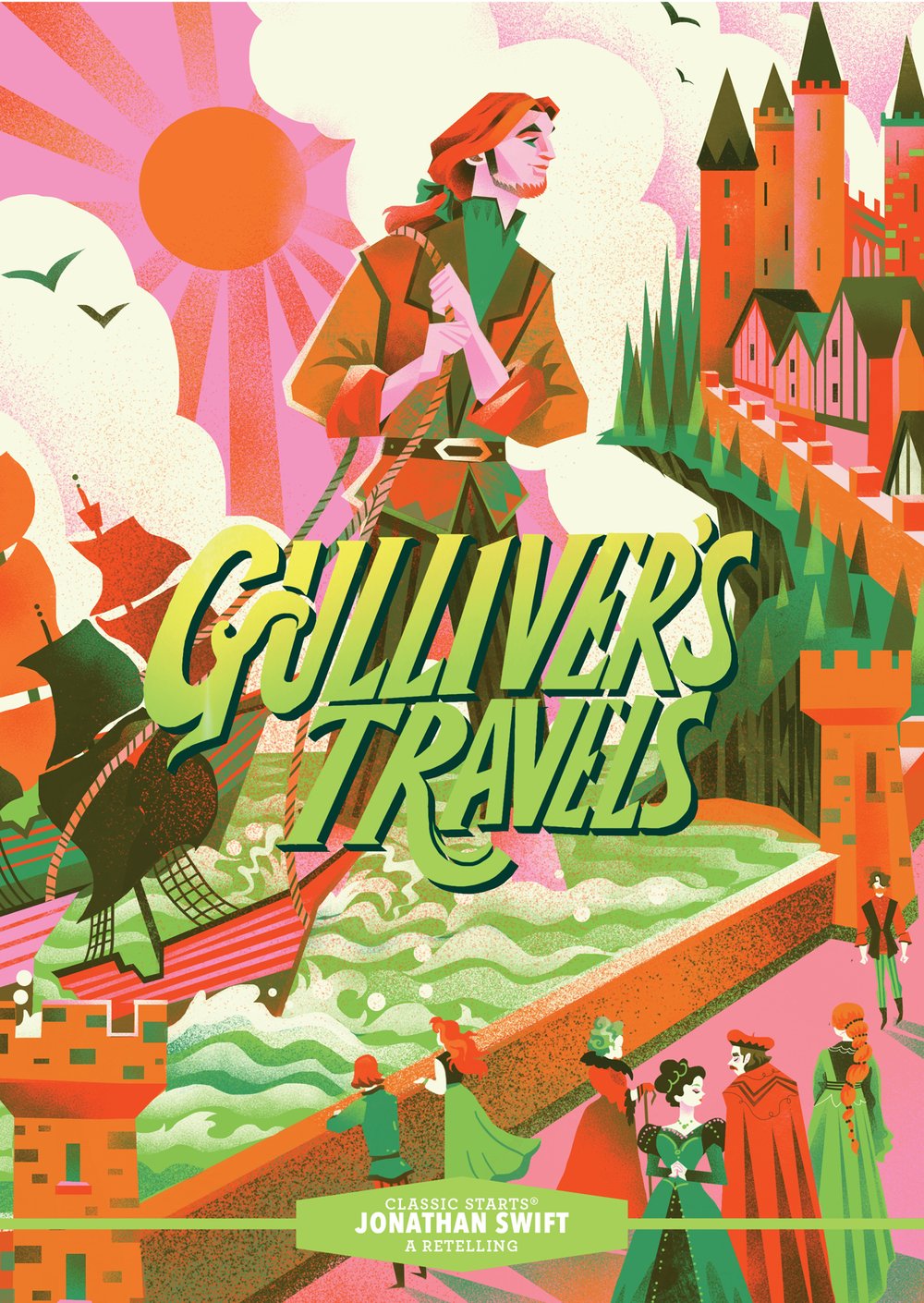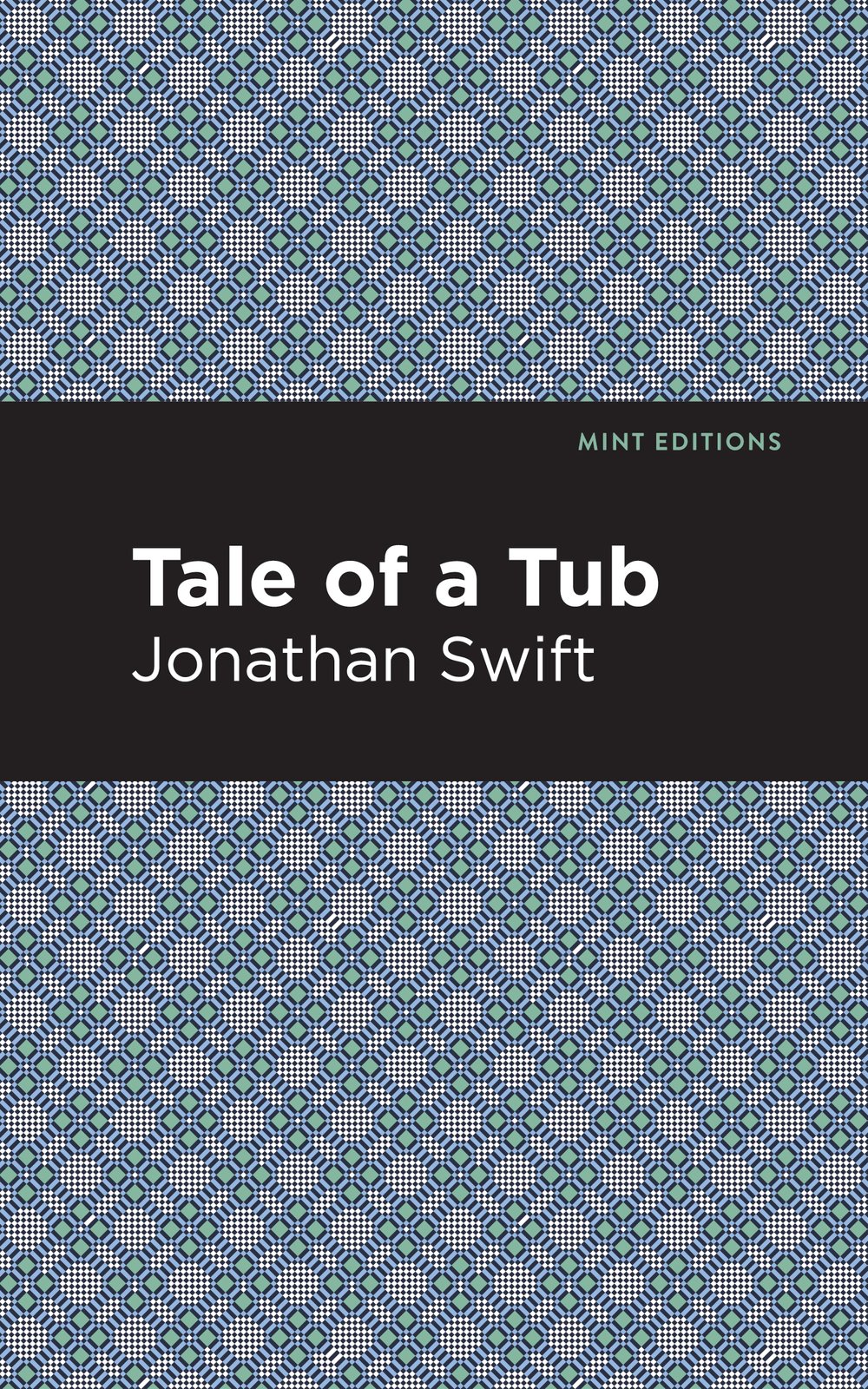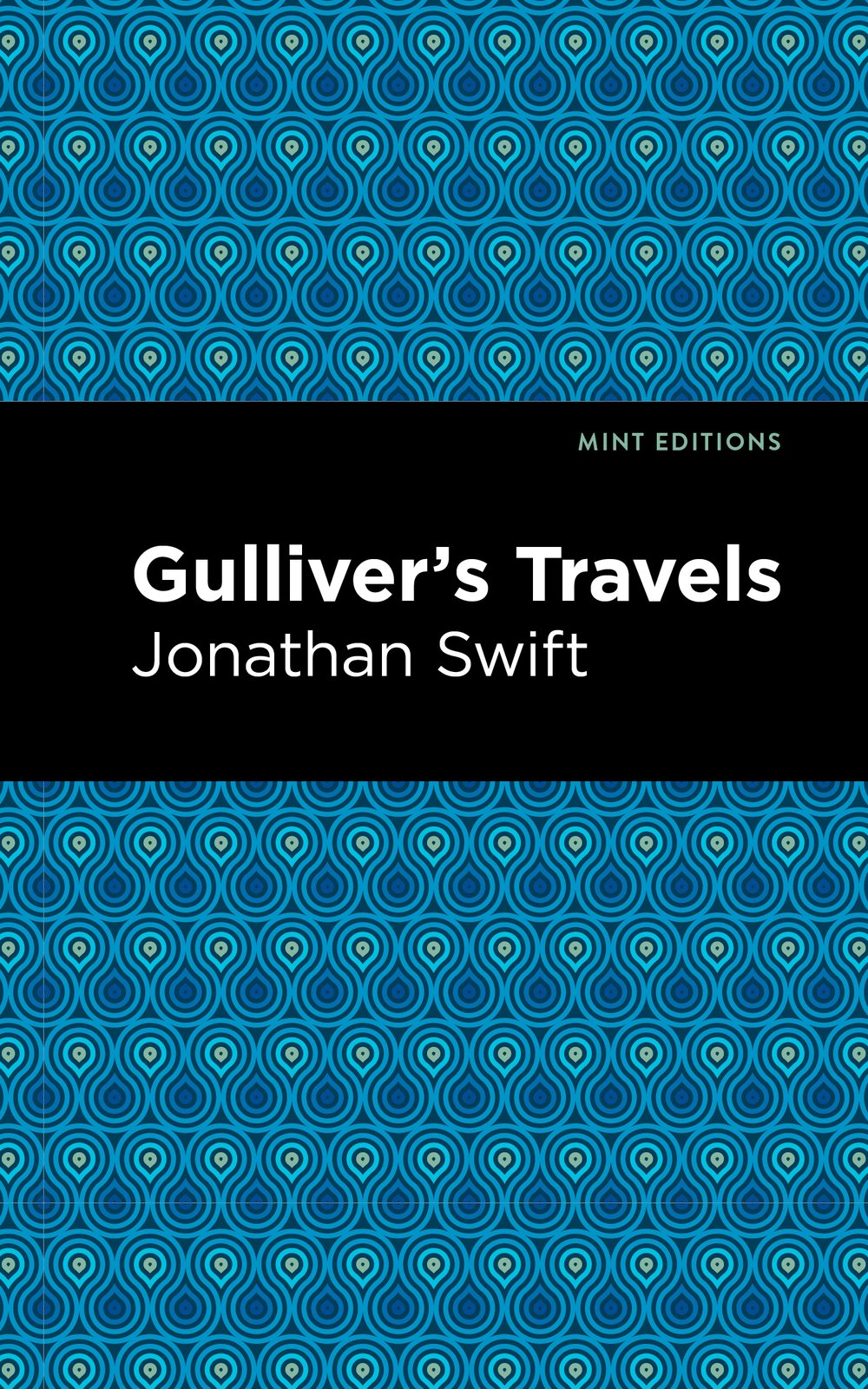Gulliver’s Travels
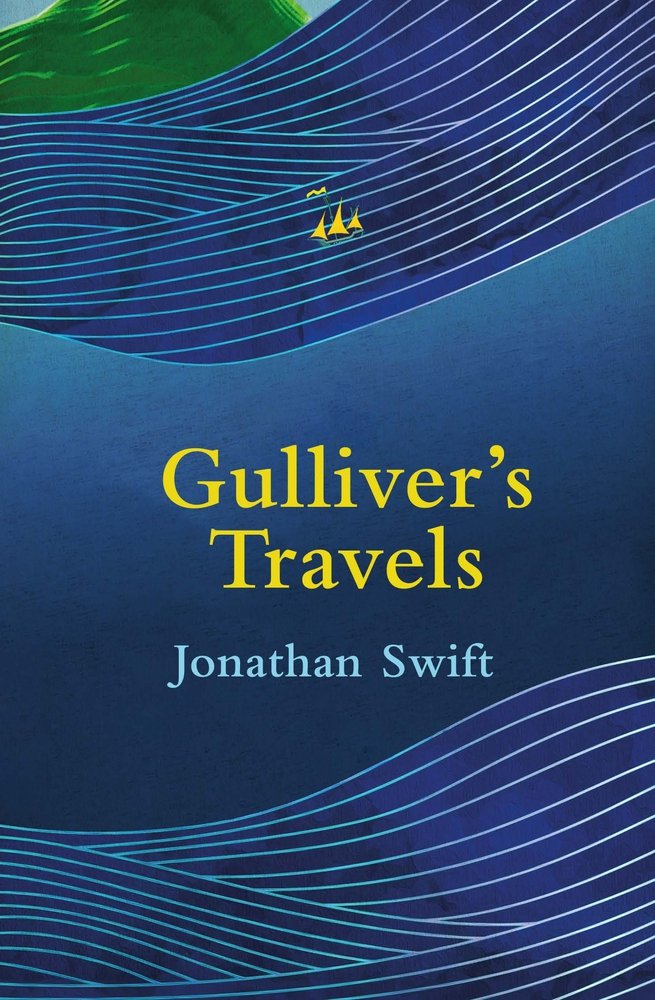
'Every man desires to live long, but no man wishes to be old.'
As a survivor of a shipwreck, Lemuel Gulliver encounters some entirely absurd things — at first, he is in the land of Lilliputians, the tiny men; but later he ventures to the land of the giants. The tale continues to oscillate between the extremes as he meets immensely wise and scientifically aware people before being faced with excessive self-preoccupation and ignorance. Whatever that societal order, Gulliver consistently is a witness to the abuse of power. The satire often overemphasises the contraries in order to accentuate our individual and societal flaws and proneness to being corrupt and biased. In such a distinct way it rebukes human narrow-mindedness and accentuates our subjectivity.
The novel’s multivalence has made it a celebrated children’s bedtime read — in particular, the first book — as well as a treasury of satirical metaphors and allusions that expose human and societal flaws in general and those of the English nobility in particular. The novel is an answer to Robinson Crusoe — it mocks Defoe’s protagonist’s too-good-to-be-true human aptness and reason. While some might find Swift’s modus operandi misanthropic, others will see him as a pragmatist who exemplifies how the excesses and polarities are detrimental and yet inescapable. Silly and bizarre, thought-provoking and alarming, this work is meant to be read and re-read as equally a jolly story and a philosophical or political collage of insights.
The Legend Classics series:
Around the World in Eighty Days
The Adventures of Huckleberry Finn
The Importance of Being Earnest
Alice's Adventures in Wonderland
The Metamorphosis
The Railway Children
The Hound of the Baskervilles
Frankenstein
Wuthering Heights
Three Men in a Boat
The Time Machine
Little Women
Anne of Green Gables
The Jungle Book
The Yellow Wallpaper and Other Stories
Dracula
A Study in Scarlet
Leaves of Grass
The Secret Garden
The War of the Worlds
A Christmas Carol
Strange Case of Dr Jekyll and Mr Hyde
Heart of Darkness
The Scarlet Letter
This Side of Paradise
Oliver Twist
The Picture of Dorian Gray
Treasure Island
The Turn of the Screw
The Adventures of Tom Sawyer
Emma
The Trial
A Selection of Short Stories by Edgar Allan Poe
Grimm Fairy Tales
The Awakening
Mrs Dalloway
Gulliver’s Travels
The Castle of Otranto
Silas Marner
Hard Times

Jonathan Swift (1667-1745) was a largely satirical author, journalist and priest born in Ireland. He received his education at Trinity College Dublin and later a Masters degree at Oxford. Swift often visited London and became a politically keen pamphleteer. He also edited a Tory newspaper The Examiner between 1710–14 and was a part of the so-called Scriblerus Club, which included the most outstanding Augustan literati such as Alexander Pope and John Gay. Swift was unable to advance to the position he anticipated within the Church of England as the misinterpretation of his 1704 work A Tale of a Tub came to haunt him stigmatizing Swift as a profane author. Consequently, he had to exile back to Ireland. Among his essays, the most notable piece is a later work "A Modest Proposal" (1729), which stands out for its sharp satire of the Irish upper classes’ ignorance and disregard for the impoverished. The author is known worldwide, however, for his novel Gulliver’s Travels (1726) – a tale widely admired for its nuance and allegorical potency.

